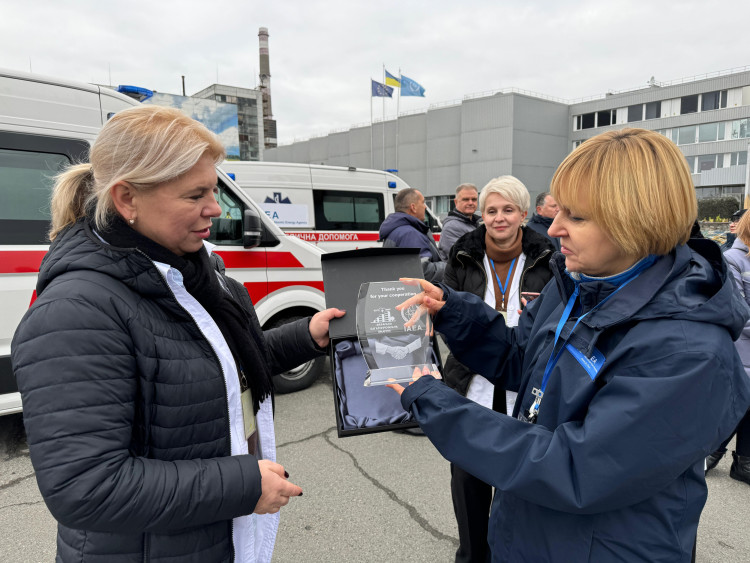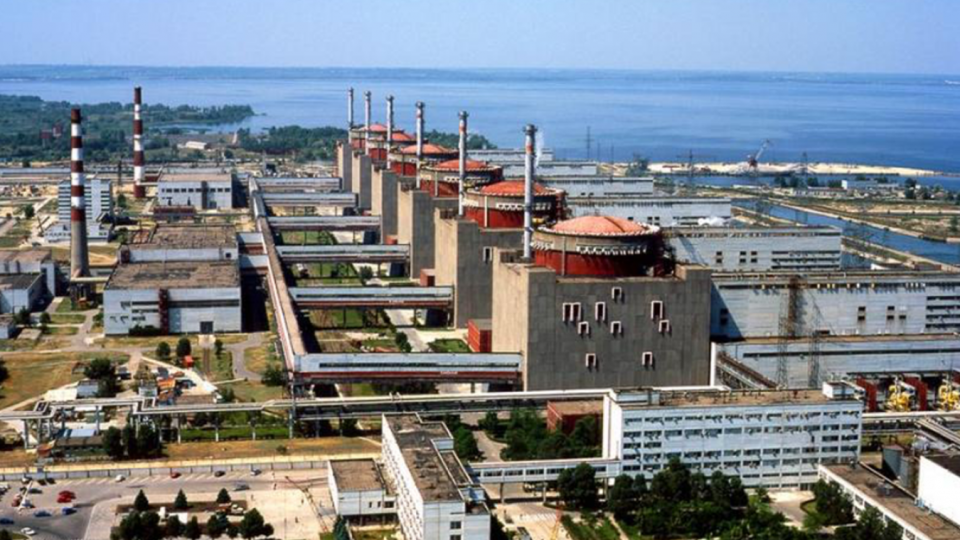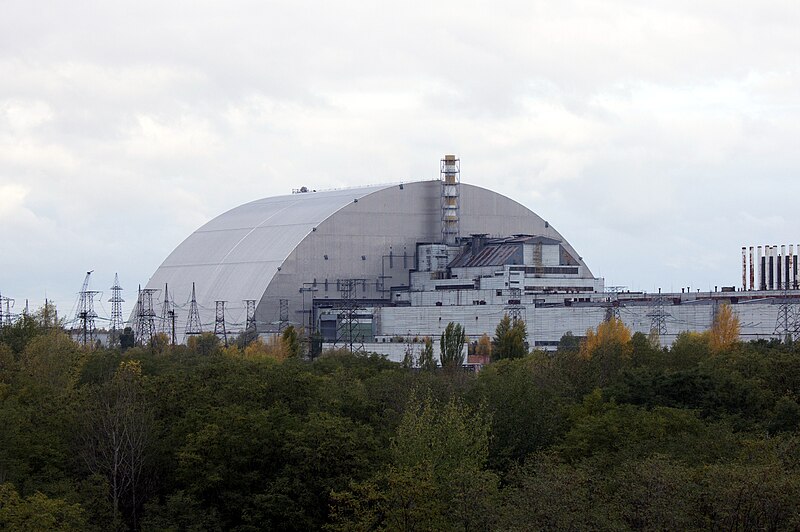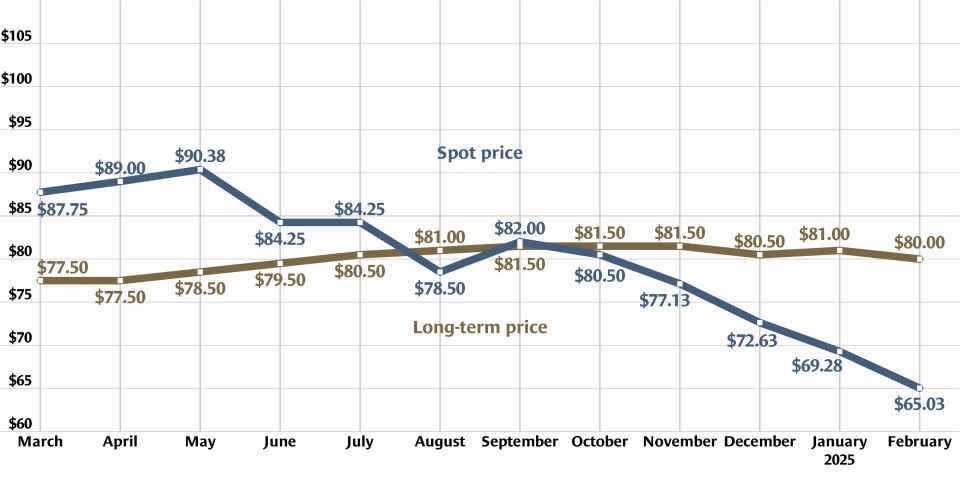Ukraine releases video of Russian “kamikaze” drones flying near nuclear plant

New reports allege Russia is flying kamikaze drones and firing small arms near the site of Ukraine’s Zaporizhzhia nuclear power plant. Europe’s largest such facility, Zaporizhzhia has been under Russian control since 2022.
International Atomic Energy Agency experts reported hearing over 100 rounds of gunfire in the vicinity of the plant on April 30, allegedly in response to drones flying near the plant’s training center, IAEA director general Rafael Mariano Grossi said in a May 3 statement. The kamikaze-style drone does not fire missiles but is equipped with explosives and can strike with precision. Some drones have been 11 feet long and 8 feet wide, according to news reports.
According to Grossi, IAEA experts at the plant have not been able to confirm evidence of drones being launched or the presence of launching pads within the site perimeter. But the team continues to report almost daily military activities at various distances from the site. In addition to the April 30 report of rifle fire, on May 2 it was reported that Russian Federation troops were engaging with drones near Zaporizhzhia’s training center. No damage or casualties were reported.
With the help of electronic surveillance, the Defense Intelligence of Ukraine obtained video evidence of Russian drones flying over the plant on a path toward the communities of Nikopol and Marhanets, which are under frequent attacks from Russia. Ukrainian military intelligence spokesperson Andrii Cherniak said the Russians are using space around Zaporizhzhia because the Security and Defense Forces of Ukraine cannot return fire in a one-and-a-half kilometer zone around the plant.
Quotable: “This latest military activity at the plant illustrates the persistently unstable situation that poses significant nuclear safety and security challenges for this major nuclear facility,” Grossi said.
Background: The plant fell under Russian control in March 2022 and stopped producing electricity the following September. Five of the six reactors were placed in cold storage, and that process is currently underway for the sixth unit.
The IAEA’s 35-nation Board of Governors held an emergency meeting last month following three direct drone strikes on April 7 and April 9, which resulted in one casualty.
The agency has laid out five concrete principles for protecting Zaporizhzhia—the first and foremost of which is that “there should be no attack of any kind from or against the plant.” The second principle says that the site “should not be used as storage or a base for heavy weapons . . . or military personnel that could be used for an attack from the plant.”
Maintaining the plant: Even as security remains an issue at Zaporizhzhia, support teams from the IAEA continue to plan maintenance work at the site. The plant confirmed that it plans to continue postponed work on the most extensive maintenance activities to be conducted at Zaporizhzhia since the start of the armed conflict.
“Ensuring the reliable operation of equipment important to safety at any nuclear power plant demands rigorous procedures,” Grossi said. “Maintaining equipment important to safety at [Zaporizhzhia]—the first plant situated amidst an armed conflict—is both complex and paramount.”
Maintenance activities on the equipment important to safety of Unit 1 are scheduled to resume in mid-May, starting with the first of the three safety trains. That work should be completed by mid-year, and then work will commence on Unit 6.
The IAEA team continues to conduct regular walkdowns at the site. This week they visited the 750-kV open switchyard where they observed that only one of its four main 750-kV power lines remains connected, and no work is underway to restore connections of the other lines to the plant. IAEA experts continue to request approval to visit Zaporizhzhia's thermal power plant 330-kV open switchyard, but continue to be denied.







